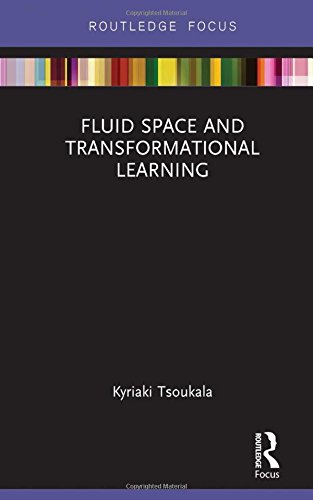

Most ebook files are in PDF format, so you can easily read them using various software such as Foxit Reader or directly on the Google Chrome browser.
Some ebook files are released by publishers in other formats such as .awz, .mobi, .epub, .fb2, etc. You may need to install specific software to read these formats on mobile/PC, such as Calibre.
Please read the tutorial at this link: https://ebookbell.com/faq
We offer FREE conversion to the popular formats you request; however, this may take some time. Therefore, right after payment, please email us, and we will try to provide the service as quickly as possible.
For some exceptional file formats or broken links (if any), please refrain from opening any disputes. Instead, email us first, and we will try to assist within a maximum of 6 hours.
EbookBell Team

4.1
40 reviewsFluid Space and Transformational Learning presents a critique of the interlocking questions of ‘school architecture’ and education and attempts to establish a field of questioning that aspectualises and intersects concepts, theories and practices connected with the contemporary school building and the deschooling of learning and of the space within and through which it takes place.
Tying together the historicity of architectural theory, criticism and practice and the plural dynamic of social fields and sciences, this book outlines the qualities and modalities of experiential fields of transformational learning.
The three qualities of space that are highlighted along the way – activated, polyphonic and playful space – as they emerge (without being instrumentalised) through architecturalised spatial modalities – flexibility, variability, interactivity, taut fluid polyphony, multiplicity, transcendence of boundaries – tend to construct and establish a school environment rich in heretical socio-spatial codes.
Meshing cooperative, participatory, intrapsychic and interpsychic dimensions, they invite the factors of learning to a creative, imponderable, transformational disorder and deconstruct dominant conditioned reflexes of a disciplinary, methodical and productive order.